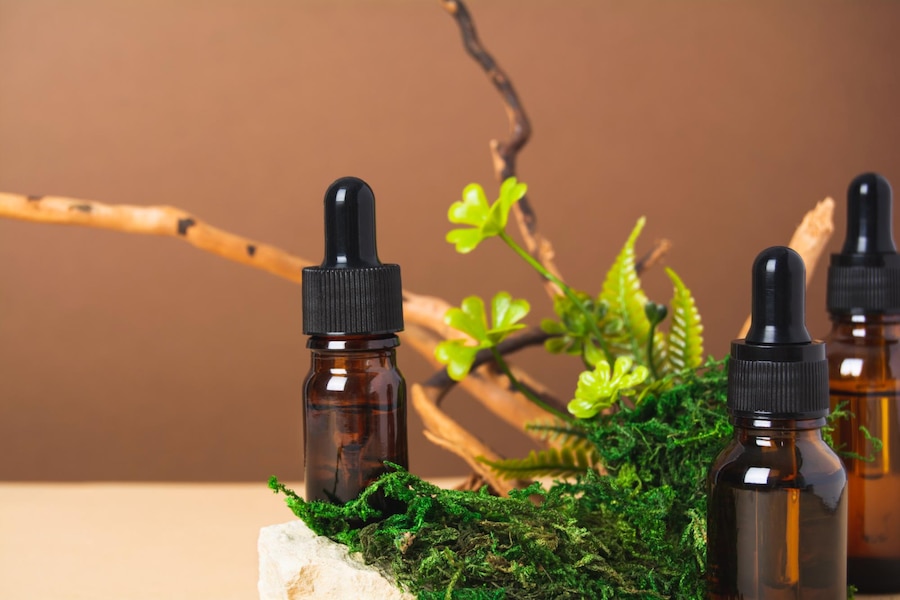Hey there! Have you heard of CBG? It’s a cool thing found in the cannabis plant, and it’s getting more popular every day. CBG stands for cannabigerol—what a big word, right? Don’t worry, we’ll keep this easy. This article explains what CBG is, how it’s not the same as CBD (cannabidiol), and why people are talking about it. Plus, we’ll sprinkle in some trusty info from other places to help you learn more!
What’s CBG All About?
CBG is one of many special compounds in cannabis called cannabinoids. Picture this: it’s like the “parent” of other cannabinoids because it starts off as something called CBGA (cannabigerolic acid). When the plant grows, CBGA turns into stuff like THC (the part that gets you high) or CBD. But when CBG stays as CBG, it’s pretty unique! Scientists say it doesn’t make you feel weird or high—it’s “non-psychoactive,” which is a fancy way of saying it’s chill.
Fun fact: CBG is only about 1% of the cannabis plant, so it’s super rare. That’s why it’s harder to find than CBD, which is everywhere these days. People are starting to study CBG because it might help with things like pain or tummy troubles. Want to geek out more? Check out this Healthline article on CBG for extra details!
How’s CBG Different from CBD?
Okay, let’s compare CBG and CBD—they’re like cousins, but not twins. Both come from cannabis and won’t make you high, which is awesome. But here’s the scoop: CBG works with your body in its own way. It talks to special spots in your brain and nerves called receptors, kind of like pressing buttons. CBD does that too, but CBG might be stronger at some buttons, like ones that help with swelling or feeling calm.
Another big difference? CBG is harder to make. Since there’s so little of it in the plant, it costs more than CBD. CBD is in tons of stuff—like oils, gummies, even dog treats! CBG is newer, so you won’t see it as much yet. Curious about CBD basics? Peek at this Medical News Today guide to see how it stacks up!
Why Are People Excited About CBG?
Scientists are buzzing about CBG because it might do cool things for your body. Studies (super early ones) hint it could help with sore muscles, upset stomachs, or even eye pressure from glaucoma. Wow, right? It’s not a cure or anything—don’t get too wild—but it’s got potential. CBD gets more love for sleep or stress, but CBG might shine for other stuff. The National Institutes of Health has some research on cannabinoids if you want to dig deeper!
CBG vs. CBD: Quick Rundown
- Where They Come From: Both from cannabis, but CBG is rarer.
- How They Work: CBG might hit different body buttons than CBD.
- What They’re Used For: CBD’s big for calm; CBG’s maybe better for pain or guts.
- Price: CBG’s pricier since it’s harder to get.
Should You Try CBG?
Thinking about giving CBG a shot? It’s popping up in oils, capsules, and more. But heads-up—it’s still new, so talk to a doctor first, especially if you take medicine. The stuff isn’t FDA-approved yet, meaning it’s not 100% official for health fixes. Want to shop smart? This Forbes article on CBG products has tips!
Wrapping It Up
CBG is like CBD’s lesser-known buddy, but it’s starting to shine. It’s rare, might help with different things, and works in its own way. Whether you’re into natural stuff or just curious, CBG’s worth watching. Stick around as science figures out more—who knows what’s next? For now, explore CBD and CBG, and see what fits you best!
